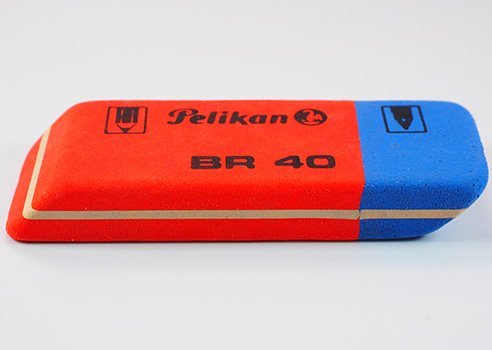Word count: 688 words
Reading time: About 3 minutes
Here is the final entry in my three-part series on Deliberate Practice for writers. Be sure to read parts 1 and 2 first. (On the suggestion of reader Tracy Isaacs I rewrote this post on Oct 30 to express it in a more positive way — stressing what you should be doing rather than focusing on what you should not.)
The ideal way to approach Deliberate Practice is to have a coach or editor work with you. But let’s say you can’t afford that. Does that mean you should give up? Of course not!
The secret is to recognize some really easy-to-identify markers of excellent writing and, ensure that you’re achieving them.
Here are some questions you might ask yourself as you seek to take a Deliberate Practice approach to your own editing.
1 Do you use sensational verbs? Scan your writing and evaluate the types of verbs you’ve chosen. Take a yellow highlighter and mark all of them. I’m just guessing here but you may have frequently used the verb “to be”. (eg: ‘is’, ‘am’, ‘was’, ‘are’, ‘were’, ‘being’, ‘be’ and ‘been.’) So, take your copy and work to replace as many of these words as possible. Then, when you complete this task, take a look at your other verbs. Are there any that can be improved or made more interesting? (Could a “read” be turned into a “scan”? Could a “walk” be transformed into a “saunter?”)
2 Are your sentences just the right length? Did you know you should be aiming for an average sentence length of 18 words? But attend to the word average. You do NOT want a pile of 18-word sentences. Instead, you should have some extraordinarily short sentences (say, one to five words) balanced by some much longer ones (perhaps 45 words or so.) By the way, you don’t have to count the words yourself. Just enable the readability stats feature in Word (consult your Help menu) or go to this online source. Both will be able to tell you your average sentence length in a jiffy.
3 Do you use enough of what I call “bridges” and what other editors sometimes call transitions or connectors? These are words or phrases that take your reader from one idea to the next. “Because,” “but,” “admittedly” and “for example,” are all bridges. Use lots of them. I’ll do a column on bridges soon but in the meantime here’s a link to a list of bridges (Thanks to Renedgade Writer blogger Linda Formichelli for sharing this URL.)
4 Do you use pronouns the right way? Using “it” willy nilly can be a particular challenge when the antecedent (the noun the “it” replaces) lies too far away, or worse, where the “it” is a general concept that’s unclear to the reader. The solution? Use your search key (command F) and search for every “it” you’ve used. (Warning: this may be a bit tedious because you’ll have to skip by all the cases when it is part of a larger word, such as “iteration.”) Try to eliminate “it” as often as possible or, at the very least, force yourself to justify every use. (And when you’re doing this you might also want to check that you’ve always used it’s – the one with an apostrophe – correctly. It’s always means it is. The possessive does NOT take an apostrophe.)
5 Do you understand the passive voice? I have recently abandoned my position that all forms of passive should be ruthlessly eliminated. I’ve been swayed by Geoff Numberg’s cogent argument that, at times, passive is the only voice that makes sense. But I think it’s essential to understand passive, to know when to use it and why. If the passive confuses you, read this excellent primer by Constance Hale. When you finally understand the passive, review your writing and ensure you have a valid reason every time you’ve used it.
I know this list may seem overwhelming. And I’m certainly NOT suggesting you tackle all of these issues at once. Start by picking one issue — say, sentence length — and work on that until your improved performance in this area becomes habitual. When you’ve achieved success in one area, move to the next.
Deliberate Practice is not a magic bullet. It’s way too difficult to be considered “magic.” But using it is a better guarantee of success than having just about any degree of talent.


